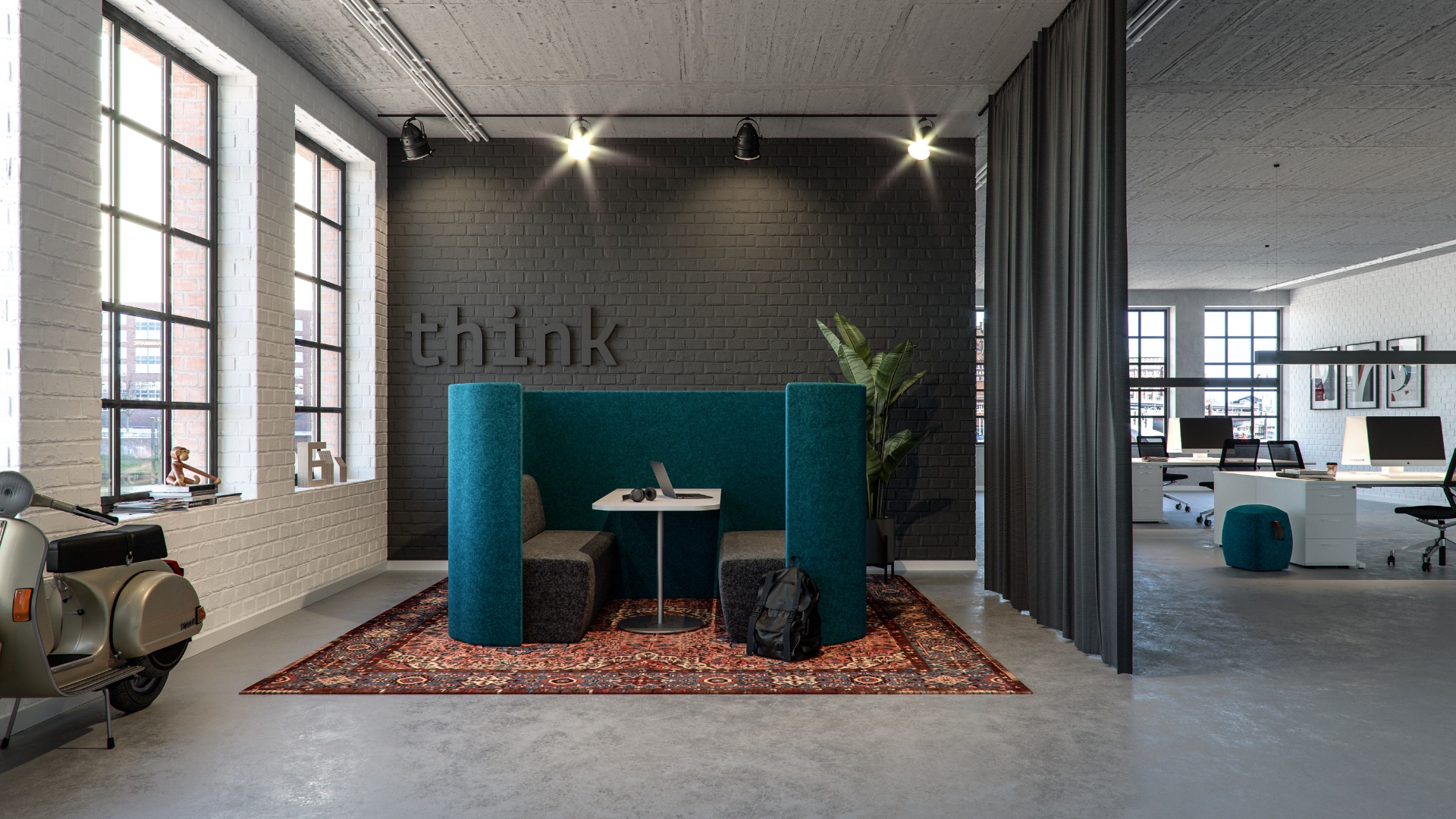
Transformations in work environments: how will we be working in the offices of tomorrow?
The offices of tomorrow, transformations in work environments and modern company culture – embracing the changes and helping to shape them – Günter Osterhaus, the ASSMANN expert, tells us about Workplace 4.0
The offices of tomorrow, transformations in work environments and modern company culture – embracing the changes and helping to shape them – Günter Osterhaus, our Office Consultant, caught the attention of the specialist visitors at the Paperworld trade fair with just these issues. Trends in the industry were presented at the office equipment trade fair in Frankfurt am Main, where international brand producers and start-up companies showcased their office equipment innovations. Alongside conventional office supplies, the trade fair also features numerous specialist presentations that look into subjects such as spatial concepts and holistic developments in office work environments. And the ASSMANN expert, Günter Osterhaus made an important contribution to this with his presentation on Workplace 4.0 and modern work environments.
Changes in the company, transformations in the workplace
Some fundamental changes have taken place in the world of office work in the last few years – and these are also reflected in the design of modern office spaces. This transformation is based on both trends in society as a whole and generational trends. Günter Osterhaus began his lecture with this initial proposition.
The innovations in the workplace go hand in hand with megatrends such as individualisation, globalisation and digitalisation.
Many routine tasks will no longer be carried out by office workers, but by algorithms. Work in future will also be carried out in open-source communities, where all the parties integrate with each other on a level playing field. Additionally, the changing attitudes to work in general of generation Y – born between 1977 and 1998 – are becoming more and more evident. Young people want flat hierarchies, are tech-savvy and like their freedom. For them the workplace is disconnected in many ways from a fixed location in an office.
New work environments, new work culture
There are many different sorts of changes made in response to social and generational transformations which enable smooth transitions into the right kinds of working environments: where individual working from home arrangements, mobile office and flexible, freely selectable working hours are just as much part of the repertoire of the modern world of work as coworking or free seating, said Mr Osterhaus in his presentation at the 2020 Paperworld trade fair. We at ASSMANN are aware of this challenge and have solutions ready, that make it quick and easy to make the implementation of these measures possible – with meeting points, for example, and lounge furniture systems for discussion and teamwork, but also with places to withdraw, where people can concentrate on their work without any disturbance, and flexible office workplaces – in a mixture of open spaces and multi-purpose spaces.
We are trailblazers in this area and have developed a whole range of products for New Work over the last few years.
With our versatile sit-stand tables or our Viteco partitioning elements system that can be combined with all our furniture ranges, for example, we are quickly and easily able to create individually customised office workplaces for coworking environments. Moreover, our Cubas storage space system with its innovative swivel mechanism ensures maximum flexibility and plenty of design freedom for modern office layouts. And, last but not least, our Syneo lounge furniture provides peaceful places of retreat where people can concentrate on their work. With the Syneo rental scheme, start-up companies can use the lounge furniture as required without any financial risk.
Companies need to actively address change
Modern office furnishing that is tailored to the requirements of New Work is not enough in itself, however, was how Mr Osterhaus put it in Frankfurt. What is important is that companies take a holistic approach to the change and gear themselves up to all aspects of their new world of work. As a company’s culture should also be reflected in its world of work. What is clear for our experts is that traditional work methods have finally run their course, yet they are still too firmly rooted in the minds of many managers. Only people who can put their conservative thinking to one side and have the courage to change will be successful in the long term.
